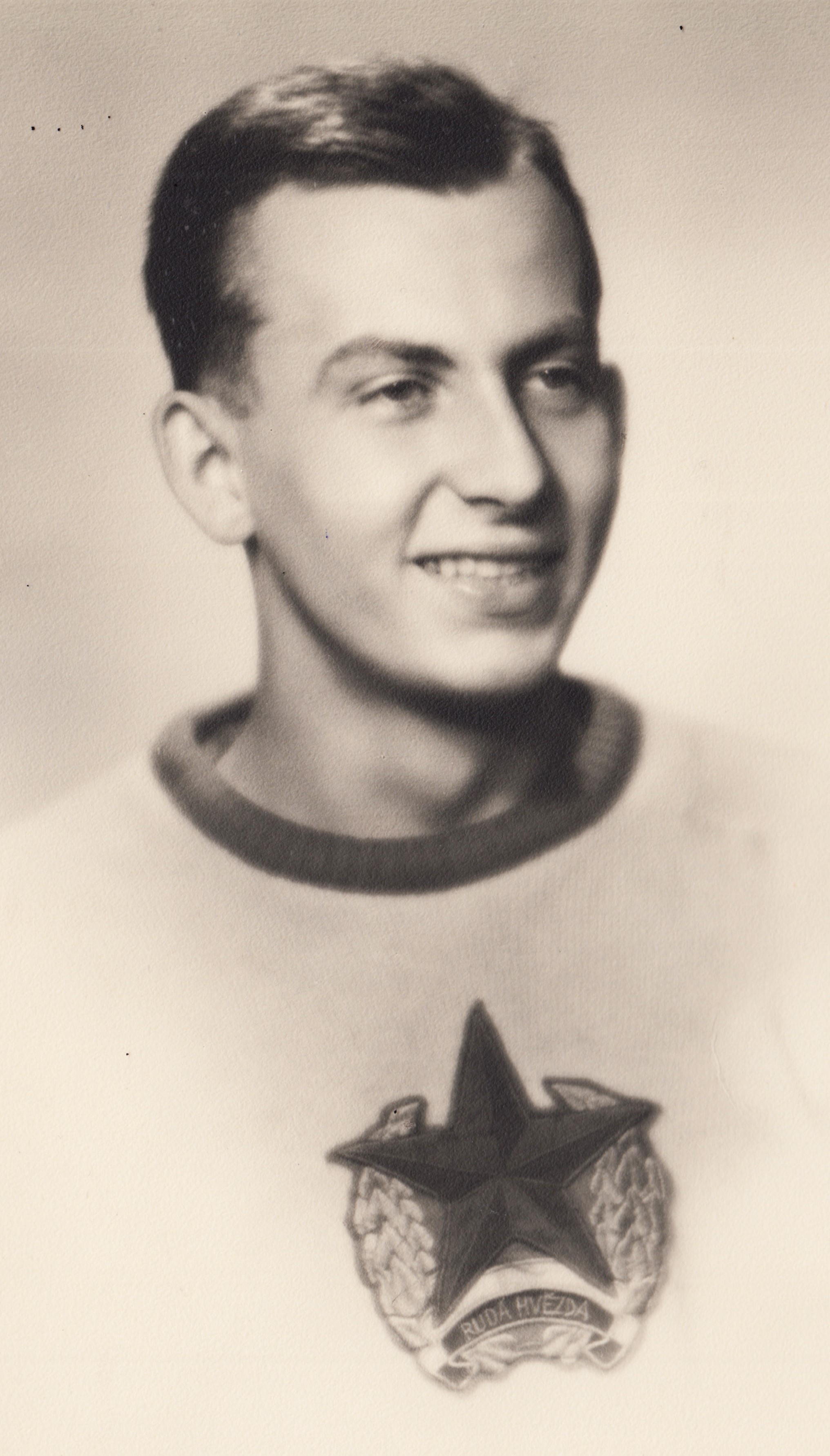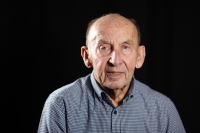He wasn’t allowed to run and had to eat dog fat. Now he’s a hockey legend

Download image
Vladimír Nadrchal was born on 4 March 1938 in Pardubice. During World War II, he experienced the bombing of the Pardubice mineral oil refinery. The target of the Allied air strikes was located just over a kilometre from the house where the Nadrchals lived. After the war, he had lung problems and was treated for two years in a sanatorium in Košumberk. Doctors did not recommend much physical exertion. At about eleven, he started playing hockey. During childhood, he may not have been as fit as the other field players. At the age of seventeen, he made his way to the adult first-league team in Pardubice. In 1957, he went to the Red Star (Kometa) Brno. In 1958, he represented Czechoslovakia at the 1958 World Championship in Oslo, Norway, where he was named the best goalkeeper of the tournament. With Brno, he became eight times national champion, winning bronze and silver medals at the 1964 Innsbruck and 1968 Grenoble Olympics. He also played for Czechoslovakia at the 1960 Winter Olympics and the U.S. Squaw Valley, where the team finished fourth. He won a bronze medal at the 1959 World Championships in Prague and silver at the 1961 and 1965 World Championships. He wore the national jersey in 65 games. After the end of his playing career, he became a coach in the first league ZKL and Zetor Brno. Later, he worked as a coach in the Italian club HC Aosta for many years. In the 1990s, he returned to Brno, where he worked as a goalkeeper coach. Vladimír Nadrchal became a member of the Czech Hockey Hall of Fame in 2010. In 2023, he lived in Brno.





































